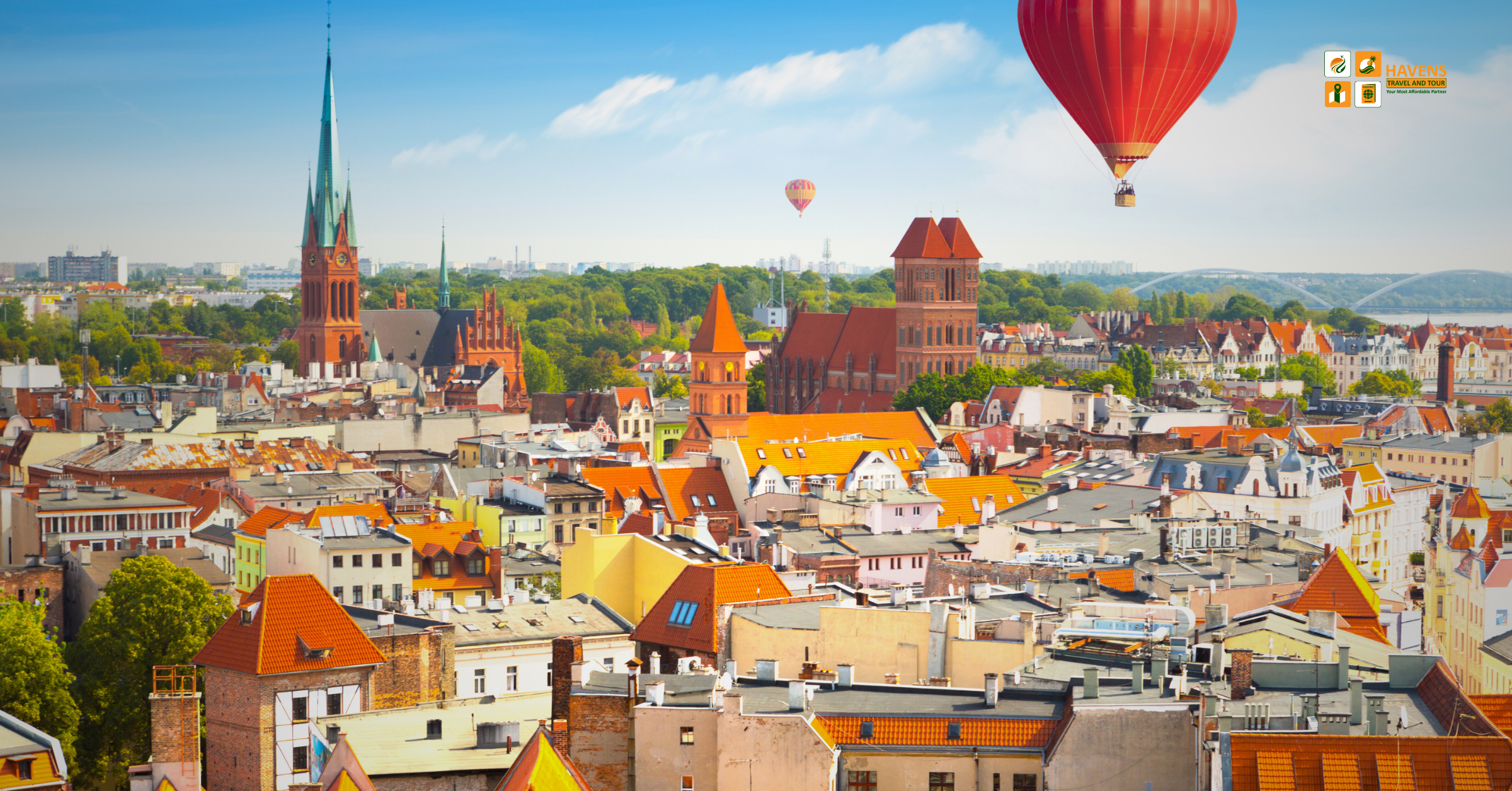#culturaldifferences , #culturaletiquette , #culturalnorms , #etiquetteguide , #globaltravel , #travelrespectfully , #travelsavvy , #travelsmart , #worldtravel , traveltips
Share
Lost your password? Please enter your email address. You will receive a link and will create a new password via email.
Hey there, fellow travelers! 🌏 Have you ever wondered what it’s like to navigate social situations in a foreign country? Each place has its own unique set of cultural norms and etiquette, and understanding these can make your travels smoother and more enjoyable. Let’s take a journey through some fascinating countries and learn about their cultural practices and social dos and don’ts.

Poland: Tradition and Formality
Poland is a country rich in history and tradition. Poles are known for their hospitality and formality, especially in initial interactions. When greeting someone, a firm handshake with direct eye contact is common. For women, it’s polite to offer a slight bow or a kiss on the hand.
Dining etiquette in Poland includes being punctual for meals, bringing a small gift if invited to someone’s home, and starting the meal only after the host has invited everyone to begin. It’s customary to keep your hands visible on the table (but not your elbows), and finishing all the food on your plate is seen as a compliment to the host.

Japan: Politeness and Precision
Japan is known for its rich cultural heritage and meticulous etiquette. One of the first things you’ll notice is how polite and reserved people are. Bowing is a common greeting, and the depth of the bow can vary depending on the situation and the relationship between the people involved. A slight bow can be used for casual greetings, while a deeper bow shows respect or gratitude.
When dining, there are a few key points to remember. Slurping your noodles is actually a sign of enjoyment and appreciation for the food. However, tipping is considered rude as good service is expected without extra incentives. Always use both hands when giving or receiving business cards, and take a moment to look at the card before putting it away.

Brazil: Expressive and Energetic
Brazilians are known for their vibrant culture and energetic social interactions. Physical touch is a common part of communication, with hugs and cheek kisses being standard greetings. Eye contact is important and shows interest and sincerity.
When attending a social gathering, it’s customary to bring a small gift, such as flowers or a dessert. Brazilians have a relaxed approach to time, so don’t be surprised if events start later than scheduled. This concept, known as “Brazilian time,” is part of the laid-back lifestyle. However, when it comes to business meetings, punctuality is appreciated.

Italy: La Dolce Vita and Social Warmth
In Italy, life is all about enjoying the moment, good food, and great company. Italians are known for their warmth and expressiveness. Greetings often involve a kiss on both cheeks, even if you’re meeting someone for the first time. When it comes to dining, meals are a leisurely affair, so don’t rush. It’s common to have long, multi-course meals where everyone takes their time to savor the food and conversation.
Dress well when going out, as Italians take pride in their appearance. It’s also considered polite to say “buongiorno” (good morning) or “buonasera” (good evening) when entering a shop or restaurant. And when it comes to coffee, remember that a cappuccino is typically enjoyed in the morning, not after a meal.

Canada: Politeness and Diversity
Canada is celebrated for its politeness and cultural diversity. Canadians value respect and courtesy in all interactions. A firm handshake is a common greeting, and maintaining personal space is important. In social settings, it’s polite to say “please,” “thank you,” and “sorry” often.
When dining, it’s customary to wait until everyone is served before starting your meal. Tipping is expected in restaurants, typically around 15-20% of the bill. Canadians appreciate punctuality, whether for social or business engagements.

India: Respect and Reverence
India’s diverse culture is reflected in its wide array of customs and traditions. One key aspect of Indian etiquette is respect for elders and hospitality towards guests. When greeting someone, especially an elder, a slight bow with hands pressed together in a “Namaste” gesture is appropriate.
Shoes are often removed before entering someone’s home or a place of worship. If you’re invited to a meal, it’s polite to eat with your right hand and avoid using your left hand, as it is considered unclean. Also, be mindful of local dress codes, especially in more conservative areas – covering your shoulders and knees is usually a good rule of thumb.

United Kingdom: Reserve and Respect
The UK is known for its reserved and polite social etiquette
A firm handshake is a common greeting, and it’s important to address people by their titles and last names until invited to use their first names. In social settings, maintaining personal space and using polite language is key.
When dining, wait for the host to start eating before you do, and keep your hands on your lap when not using utensils. Tipping is customary in restaurants, usually around 10-15%. Punctuality is highly valued, so always aim to be on time for appointments and social gatherings.

Ireland: Warmth and Wit
The Irish are famous for their warmth, friendliness, and sense of humor. A firm handshake and a friendly greeting are common when meeting someone new. The Irish enjoy lively conversations and storytelling, so be prepared for engaging and witty exchanges.
When visiting someone’s home, it’s customary to bring a small gift, such as chocolates or a bottle of wine. In a pub, it’s polite to take turns buying rounds of drinks. Tipping is appreciated in restaurants and pubs, usually around 10%. The Irish value punctuality, but social events can sometimes be more relaxed in timing.
In conclusion, understanding and respecting cultural norms and etiquette can greatly enhance your travel experiences and help you build meaningful connections with people from around the world. Every culture has its unique practices that reflect its values and traditions. So, the next time you travel, take a moment to learn about the local customs – it shows respect and can lead to a more enriching and enjoyable journey.

Leave a comment
You must login or register to add a new answer.